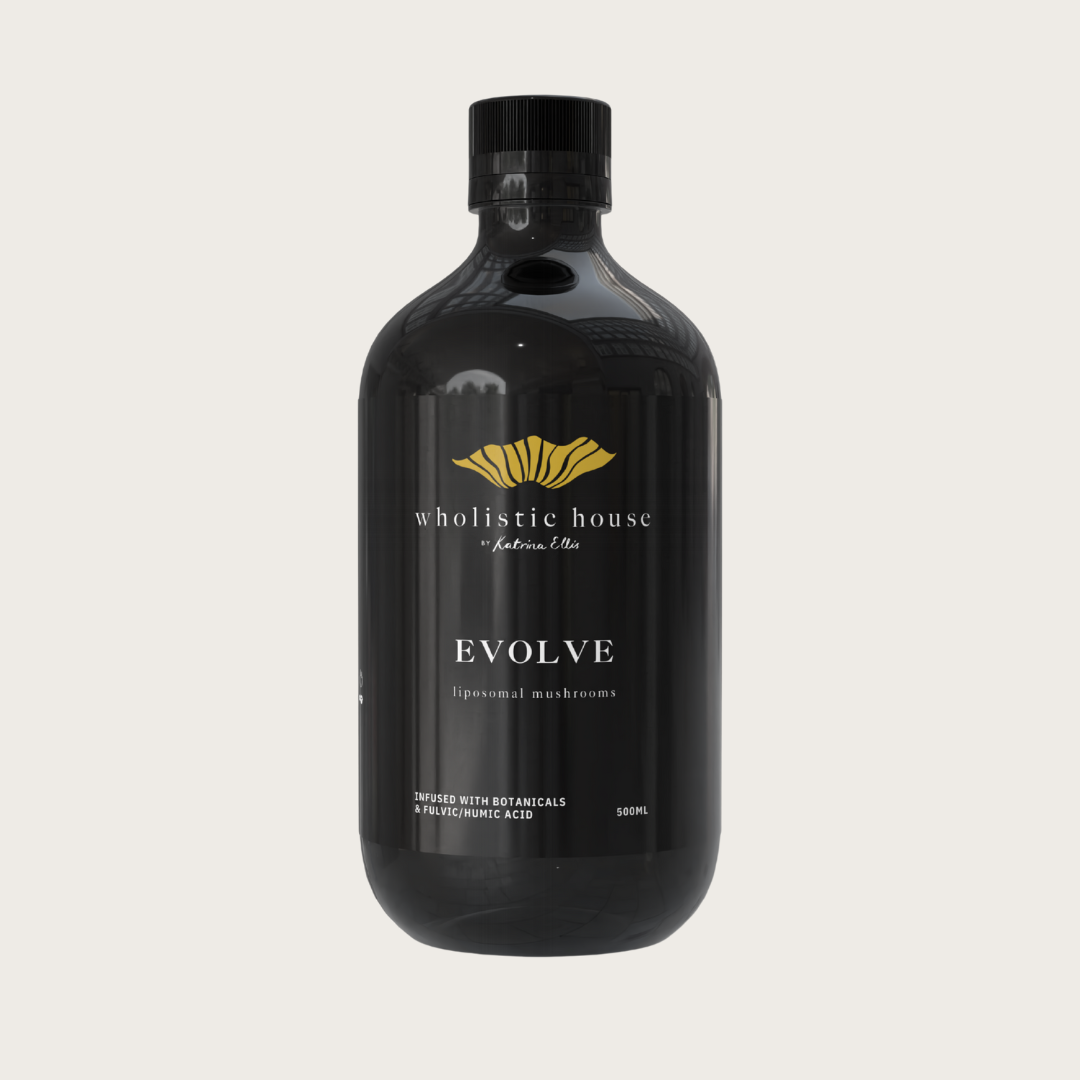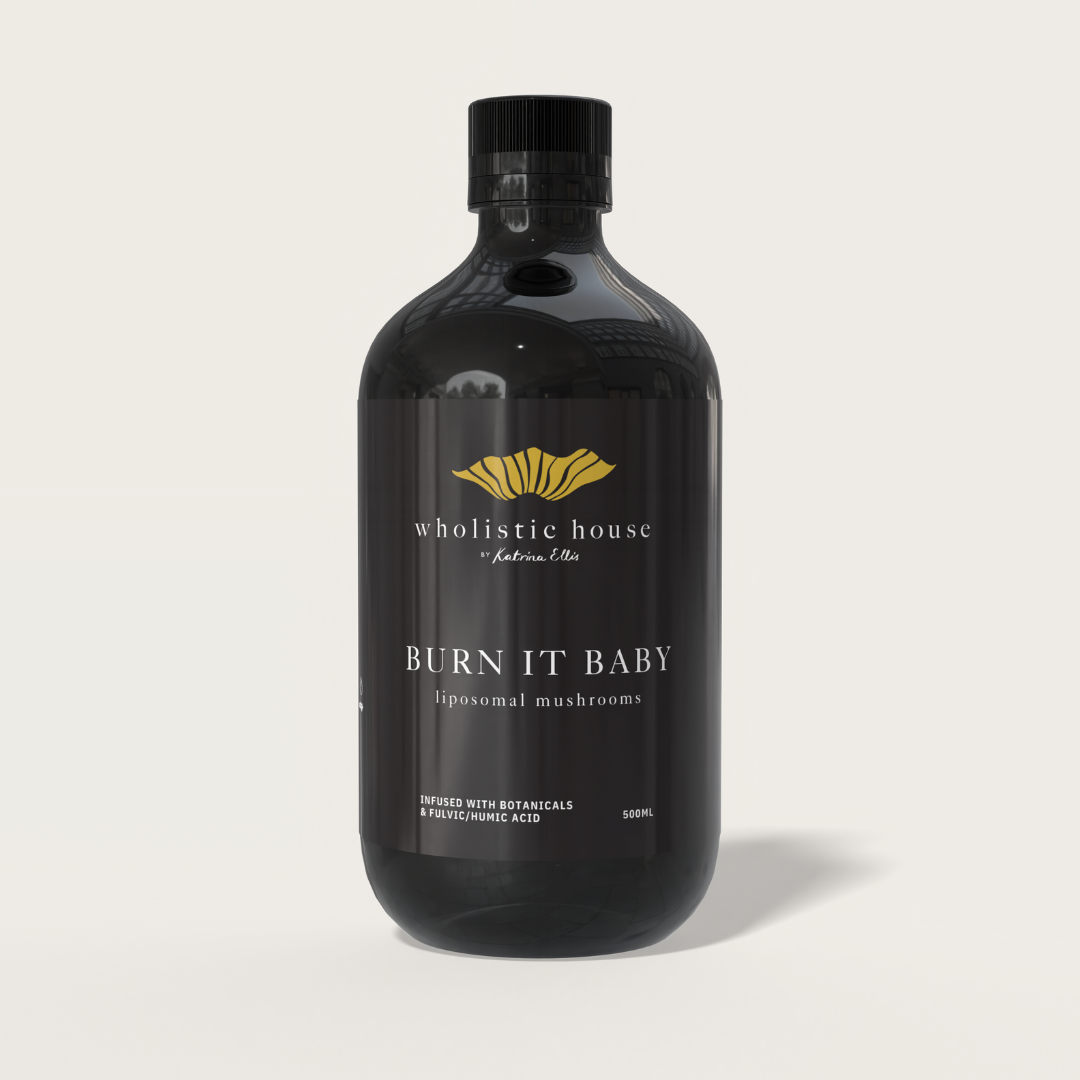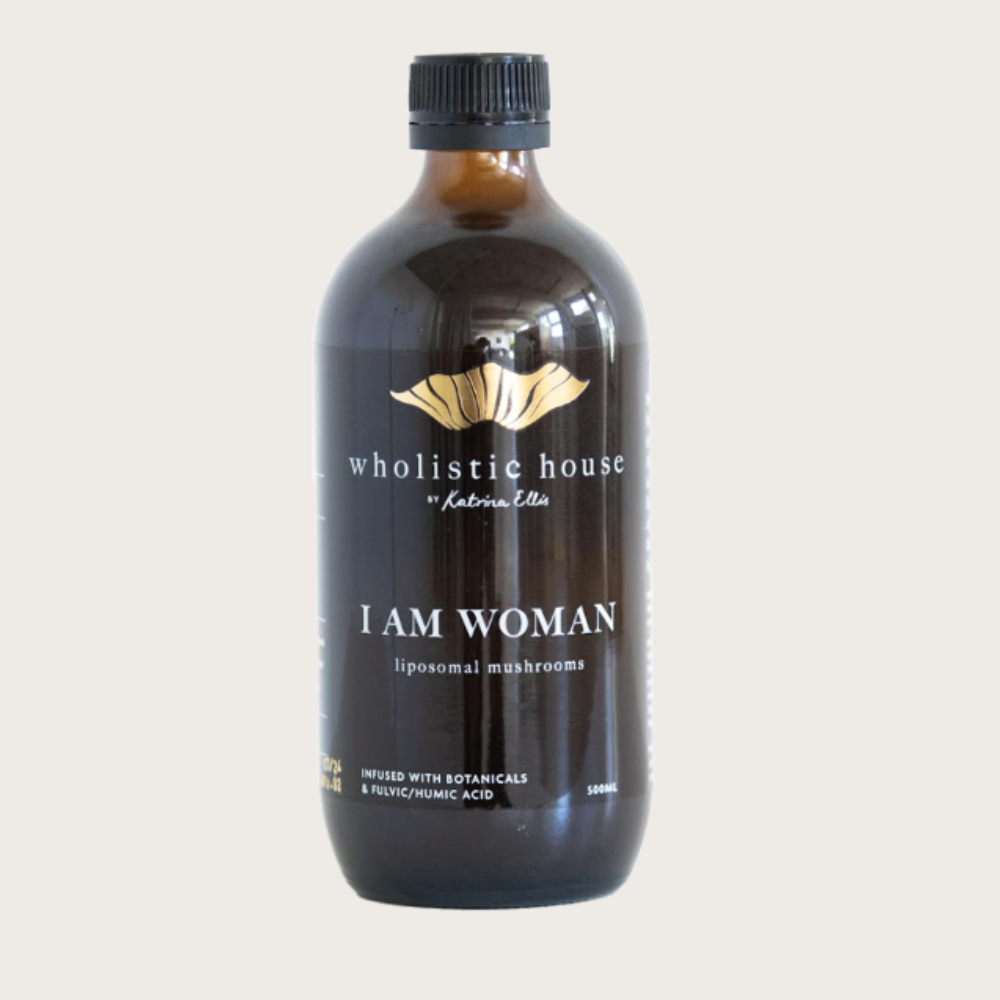
PERIMENOPAUSE – Master the Transition
As you reach your thirties or forties, you may begin noticing changes in your body sudden weight gain, restless nights, hot flashes, and even emotional ups and downs that make you feel unlike yourself. These are early signs that your body could be entering perimenopause, the natural transitional phase before menopause.
If you’ve ever wondered, “Will I gain weight? Will I have mood swings or hot flashes?” this guide will help you understand how to balance your hormones naturally and thrive through perimenopause with grace, vitality, and confidence.
What Is Perimenopause?
Perimenopause is the stage leading up to menopause, when your ovaries gradually produce less estrogen and progesterone. It often starts in your forties but can begin as early as your thirties. As your ovaries slow down, progesterone drops first, often leading to disrupted sleep, irritability, and heightened anxiety.
This hormonal dance can also trigger thyroid changes (“thyropause”), slowing metabolism and leading to weight gain, fatigue, and dry skin. Understanding these changes empowers you to rebalance your hormones naturally before menopause arrives.
Common Signs of Perimenopause
- Irregular or changing menstrual cycles
- Heavier or lighter bleeding
- Sore or swollen breasts
- Bloating and fluid retention
- Mood swings, irritability, and anxiety
- Waking at night or disrupted sleep
- Hot flashes and night sweats
- Low libido and fatigue
- Brain fog, poor memory, and cravings
- Weight gain, especially around the abdomen
(Note: These symptoms may also relate to thyroid or adrenal imbalance, so hormone testing can clarify your stage and needs.)
Testing Your Hormones
A urine or saliva hormone test gives the most accurate insight into your hormone levels. Ask for FSH, LH, estrogen, and progesterone levels high FSH and LH often indicate the body is working harder to stimulate declining ovarian function.
Why Perimenopausal Weight Gain Happens
Weight gain is one of the most frustrating symptoms for women in their forties and fifties even when diet and exercise haven’t changed.
Key reasons include:
- Estrogen decline increases belly fat (visceral fat).
- Progesterone and thyroid drops slow metabolism.
- Higher cortisol from poor sleep and stress stores more fat.
- Insulin resistance rises, leading to sugar cravings and midsection weight gain.
This combination makes it harder to lose weight, but not impossible. The key lies in supporting estrogen balance, improving insulin sensitivity, and nourishing your adrenals.
Natural Hormone Balance for Weight Loss & Wellbeing
Eat for Hormone Harmony
A balanced diet rich in phytoestrogenic foods can naturally ease perimenopausal symptoms and regulate hormones.
Include:
- Flaxseeds, sesame seeds, and legumes
- Organic, fermented soy (tofu, tempeh, miso)
- Wholegrains – rye, brown rice, millet, quinoa
- Alfalfa, red clover, and cruciferous vegetables
- Berries, apples, almonds, and walnuts
These foods support estrogen metabolism, reduce hot flashes, and stabilize weight.
Balance Blood Sugar to Burn Fat
Fluctuating estrogen and cortisol levels can cause insulin resistance. To combat this:
- Try intermittent fasting (16/8 protocol) to enhance detoxification and fat-burning.
- Focus on low-glycaemic vegetables, clean proteins, and omega-3 fats.
- Add chromium, cinnamon, and gymnema to regulate glucose naturally.
Boost Your Liver for Hormone Detoxification
Your liver helps eliminate excess estrogen crucial for preventing hormonal weight gain.
Herbs that support this include:
- Milk Thistle (Silybum marianum)
- Dandelion root
- Turmeric (Curcumin)
- Schisandra
A healthy liver means fewer mood swings, clearer skin, and easier weight control.
Adaptogenic Herbs for Hormone Resilience
Adaptogens help your body cope with stress the ultimate hormone disruptor.
Top adaptogens for perimenopause include:
- Ashwagandha (Withania somnifera) – balances cortisol and boosts libido
- Rhodiola – supports energy and mental focus
- Holy Basil (Tulsi) – reduces anxiety and improves sleep
- Ginseng – enhances vitality and fat metabolism
Natural Weight Loss Allies
- Berberine – activates the AMPK “fat-burning switch”, regulates glucose, cholesterol, and insulin
- Alpha Lipoic Acid (ALA) – antioxidant powerhouse for insulin sensitivity and metabolism
- Bitter Melon, Fenugreek, Gymnema, and Chromium – enhance fat burning and blood sugar balance
- Vitamin D3, Magnesium, and Zinc – improve metabolism and protect against weight-related disease
Herbs for Hormonal Support & Emotional Balance
|
Symptom |
Herbal Allies |
|
Irregular cycle, low progesterone |
Chastetree (Vitex), Dandelion, Maca, Black Cohosh |
|
Hot flashes, night sweats |
Red Clover, Don Quai, Black Cohosh |
|
Anxiety, irritability |
Passionflower, Lavender, Skullcap, Withania |
|
Low libido, low energy |
Tribulus, Horny Goat Weed, Ashwagandha |
|
Depression or mood swings |
Saffron, St. John’s Wort |
Stress Management – Your Hormonal Reset Button
Chronic stress is the biggest hormone hijacker. It drives cortisol spikes, adrenal fatigue, and stubborn weight gain.
Support yourself by:
- Practicing yoga, meditation, or breathwork
- Setting healthy boundaries
- Getting quality sleep
- Taking magnesium, L-theanine, or GABA for nervous-system calm
|
The Wholistic House Perimenopause Essentials Katrina’s Picks for Perimenopause Support:
|
Every woman’s perimenopause journey is unique influenced by genetics, diet, toxin exposure, and stress. The key is to nourish your endocrine system early and naturally. With the right nutrition, herbs, adaptogens, and lifestyle balance, you can transition through perimenopause feeling strong, centred, and radiant.
In love, health, and happiness,

Referenced products







2 comments
There is so much conflicting information out there but your blogs are succinct, empowering and informative with diet and lifestyle suggestions , not just supplementation. Through my way-back-to-health journey, your blogs, support and education are second to none. Thank you.
Bec Newell
Hi Katrina,
I am loving your blogs. So informative and I can hear your voice as I read them with funny little comments along the way, which makes it enjoyable to read.
thank you
Estelle Hunt
Leave a comment
This site is protected by hCaptcha and the hCaptcha Privacy Policy and Terms of Service apply.
All comments are moderated before being published.